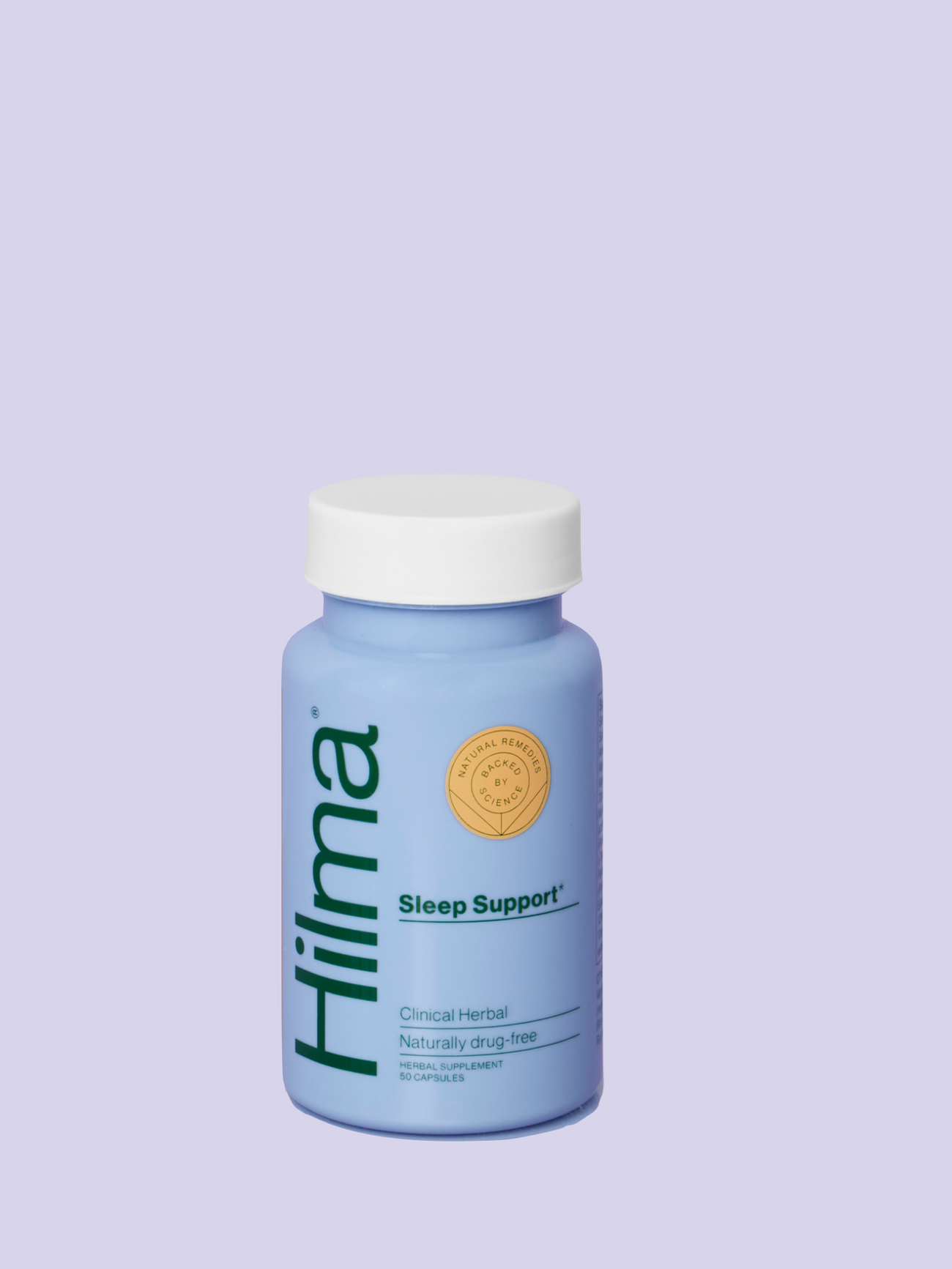
There are over 12 forms of magnesium to choose from. In supplements, magnesium is chelated to improve the bioavailability and absorption of magnesium in the digestive system. Chelation refers to a bind between the magnesium ions to amino acids or other organic compounds.
Magnesium Glycinate - “the relaxer”
Magnesium glycinate is a well-absorbed form of magnesium, often used to address magnesium deficiency. This form may be ideal for those experiencing anxiety or muscle tension and is less likely to cause GI side effects.
Magnesium Citrate - “the dual actor”
Magnesium citrate offers dual effects - helps relieve constipation while alleviating magnesium deficiency. The form offers a milder laxative effect compared to magnesium oxide, while still offering magnesium absorption.
Magnesium Oxide - “the laxative”
Magnesium oxide is the heavy duty laxative form of magnesium. This option contains a higher percentage of elemental magnesium, which reduces absorbency. So while this magnesium choice is not preferred for a magnesium deficiency, it does help with bulk movement to promote a poop.
Magnesium Sulfate - “the bath salt”
Epsom salts contain magnesium sulfate. To help support a relaxing bath, epsom salts are added to soothe sore muscles and relieve overall stress.
Magnesium Taurate - “the heart helper”
The addition of the amino acid taurine to magnesium is thought to have cardiovascular benefits. Magnesium taurate may be selected to help reduce an elevated blood pressure as well as regular blood sugar.
This information is for educational purposes only and should not be taken as medical advice. Please consult a physician before treating any disorder.



